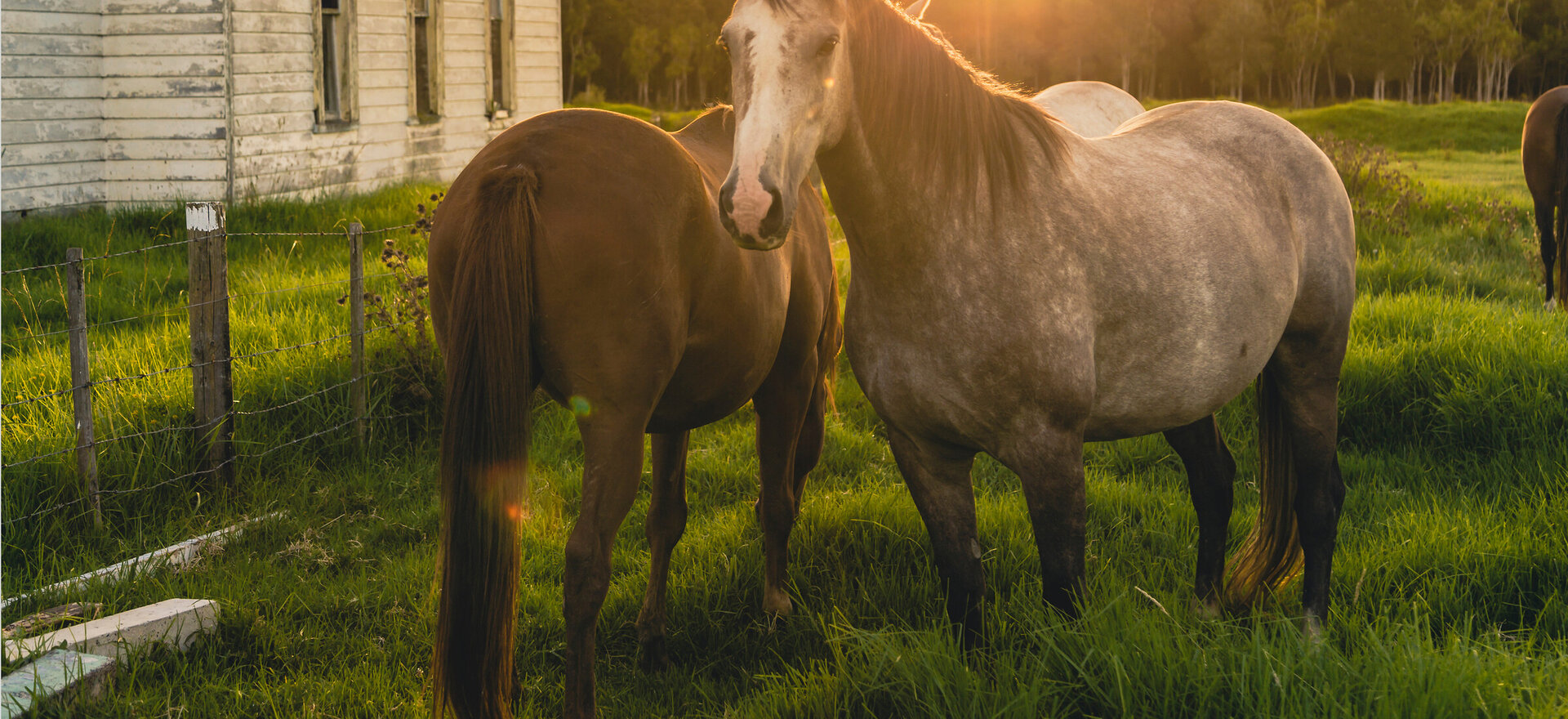OUR APPROACH
Your horse is in the best possible hands.
Our Invercargill-based team of equine vets offer a full range of services to help you care for your horses. With specialist equine services and a hospital with a modern surgical suite, we offer full imaging equipment both in house and at stable with cutting edge medicine surgical offerings for all horses from racing and sport horse elite athletes, to pleasure horses. Further, Brendon Bell is a registered specialist in equine surgery and has rightly built a reputation within the equine world for excellence as an equine vet.
Surgery services
We perform a large number of surgeries every year at our Southland Equine Hospital in Invercargill. Catering for both elective (non emergency) and emergency procedures, we are always here for you and your horses needs.
Reproduction
Our Southland equine veterinarians have particular experience in equine reproduction and stud medicine. We provide veterinary services to Standardbred horses, Pleasure, Sports horses and Thoroughbred stud farms.
Lameness services
Lameness in horses is a frequent cause of poor performance and investigating a horse's lameness forms a major part of the work at VetSouth Equine. A simple lameness examination can be carried out and advice on recovery
Dental
Routine dental treatment and some minor surgical procedures (e.g. removal of wolf teeth) can be performed either at our client's premises or alternatively brought into our Southland Equine Clinic.
Examination services
Our equine vets routinely perform a large number of examinations on all types of horses, including; radiography, respiratory noise evaluation, medical work up and veterinary certifications.
Pre-purchase examination
Many people when looking to buy a new horse will ask us about a ‘vetting’ or pre purchase examination of the horse. This is an examination to check the horse over for obvious and detectable conditions.
EQUINE DENTAL CARE PLAN
Keep your horse happy and healthy.
We recognise all of our dedicated clients that are committed to giving their horse the best care possible. Sometimes that entails performing dental work and oral health treatment more frequently than just once a year. Horses that receive regular dental work (at least every 12 months) will receive 15% discount on professional fees, regardless of the time of year.
THE BENEFITS
Why VetSouth is a great choice

We're locals
We’ve been in the lower South Island for decades. It’s where we’re from and where we raise our families.

Wide network
We’re plugged into the Veterinary world and our team can call on expertise from all over the world, then deliver it locally.

Handy clinics
We’re close to you for consults, supplements, supplies...whatever you need. Pop on in or organise a delivery.













